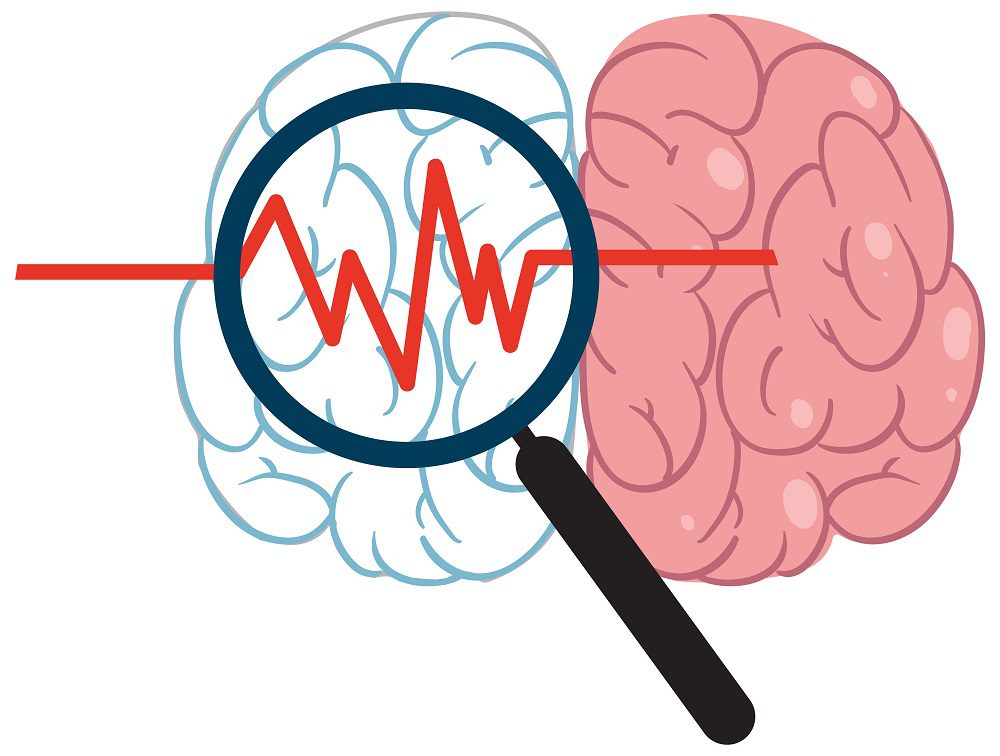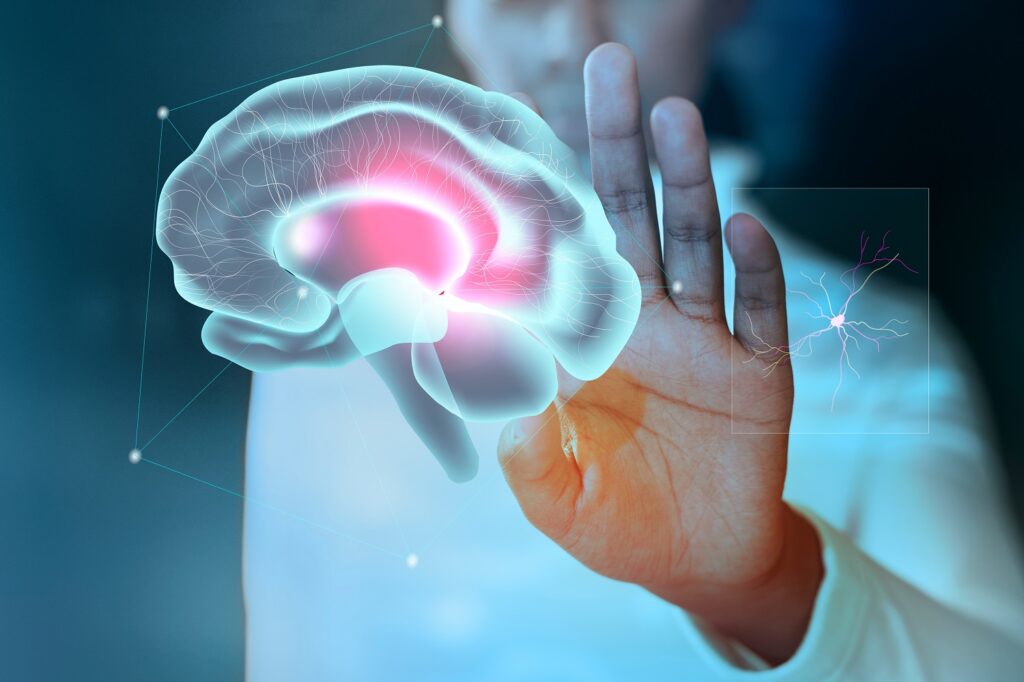Epilepsy is a chronic neurological disease that presents as recurrent, unprovoked seizures. Pharmacotherapy is the main therapy for epilepsy, but at least 30% of patients with epilepsy have pharmacoresistant epilepsy. Thus, non-pharmacological therapies are still needed. In addition to electrophysiological aberrations contributing to epileptogenesis and pathophysiology in epilepsy, neuroinflammation, metabolic derangement, and oxidative stress have been examined as drug targets in the treatment of epilepsy.
Vitamins have antioxidants, anti-inflammatory and immunomodulatory effects, which can be useful for the treatment of epilepsy. Certain epilepsies are vitamin-responsive and vitamin-dependent. Nevertheless, vitamin supplementation should be assessed in epilepsy treatment. Additionally, certain anti-seizure medicines may alter the serum levels of certain vitamins. Monitoring the serum levels of vitamins and supplementing vitamins when needed are suggested during the follow-up of patients with epilepsy.















